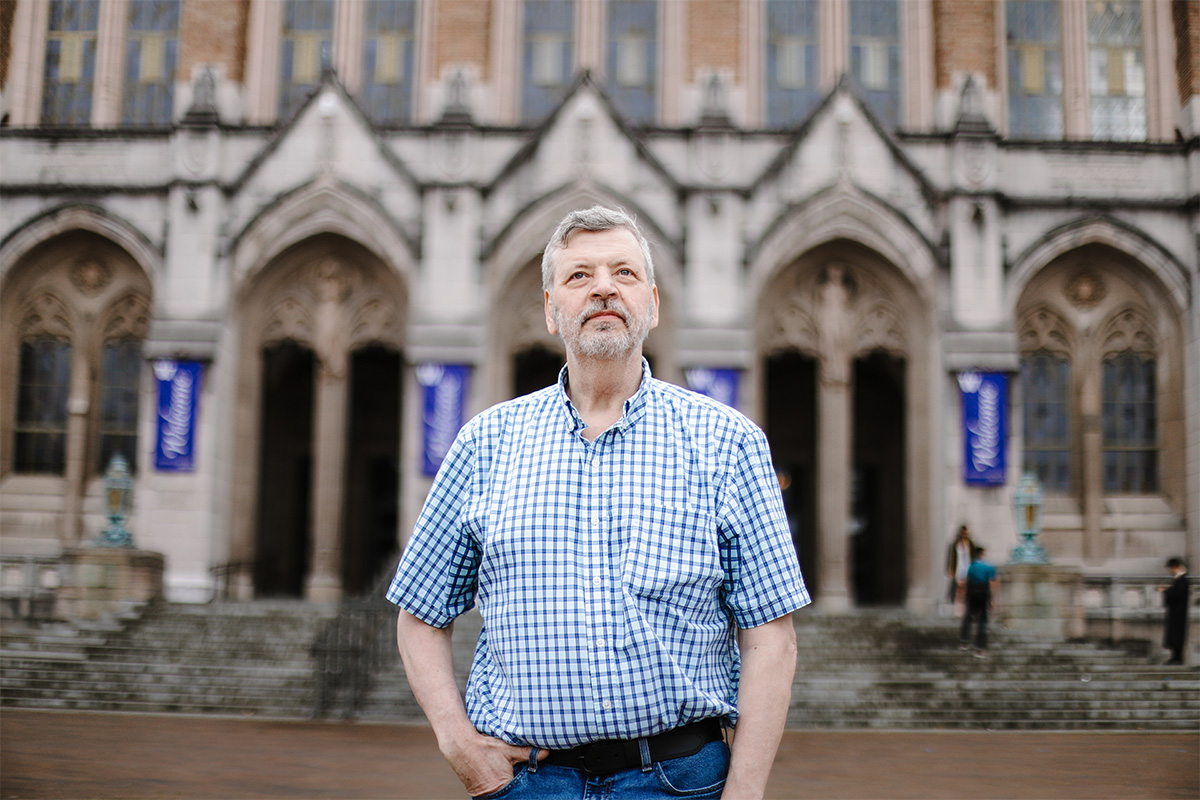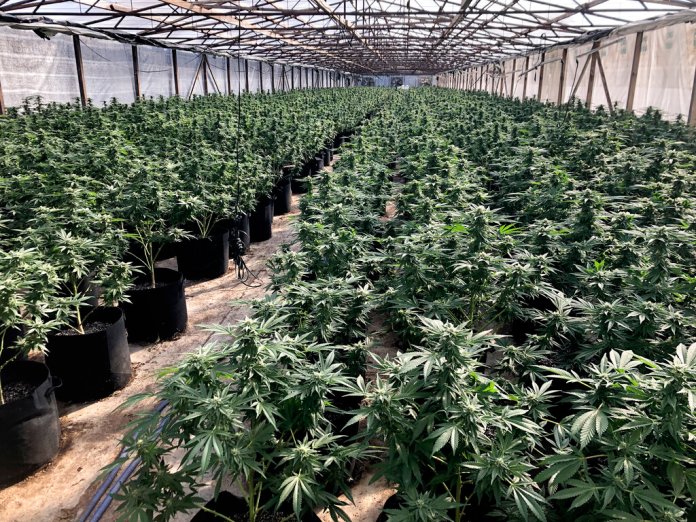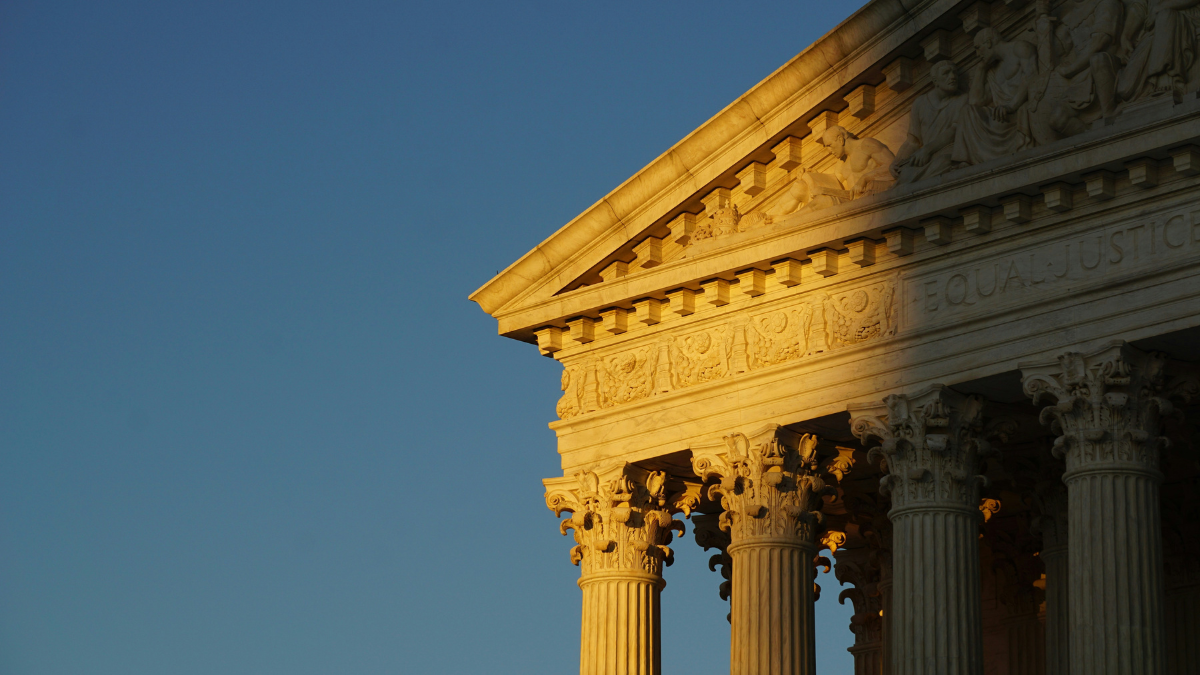New California AI Law Mounts Chilling Assault On Free Speech
California Governor Gavin Newsom has implemented new laws aimed at regulating the use of artificial intelligence in political content, particularly focusing on “deepfakes.” Celebrating Constitution Day, Newsom officially banned the creation and distribution of deepfake images and videos for a period surrounding elections—120 days before and 60 days after. Under this law, individuals depicted in AI-generated media can seek legal injunctions to halt distribution. Newsom emphasized the importance of safeguarding election integrity and combating disinformation in the current political climate.
Additionally, the governor signed two laws requiring political campaigns and social media platforms to inform users about AI-generated content. Tech CEO Elon Musk criticized these regulations, suggesting they undermine free speech and indicated his plans to relocate some of his companies to Texas. The new legislation reaffirms California’s leadership in AI regulation, particularly in the context of electoral integrity, following its earlier efforts to ban manipulated election-related media.
California’s far-left governor celebrated Constitution Day with a series of new laws to “crack down” on free speech via artificially generated content within months of an election.
On Tuesday, Democrat Gov. Gavin Newsom officially outlawed the creation and distribution of images or videos created with artificial intelligence known as “deepfakes.” The meme ban applies 120 days before an election and 60 days after. The law formerly known as Assembly Bill 2839 allows people depicted in AI-generated memes and videos to obtain a preliminary injunction in court that stops the meme’s distribution.
“Safeguarding the integrity of elections is essential to democracy, and it’s critical that we ensure AI is not deployed to undermine the public’s trust through disinformation – especially in today’s fraught political climate,” Newsom said in a press release. “These measures will help to combat the harmful use of deepfakes in political ads and other content, one of several areas in which the state is being proactive to foster transparent and trustworthy AI.”
Newsom also signed two other pieces of legislation requiring campaigns and social media platforms to disclose whether their content was created with artificial intelligence. Tech CEO Elon Musk, who announced in July he would relocate the headquarters for two of his companies from California to Texas, amplified a fake campaign ad that Newsom characterized as the impetus for the decision to sign the anti-speech laws.
“Hard to be a free speech platform in a state that wants to ban free speech,” Musk wrote in another post on X.
According to the Associated Press, “The governor signed the bills to loud applause during a conversation with Salesforce CEO Marc Benioff at an event hosted at the major software company during its annual conference in San Francisco.”
“The new laws reaffirm California’s position as a leader in regulating AI in the U.S., especially in combating election deepfakes,” the AP reported. “The state was the first in the U.S. to ban manipulated videos and pictures related to elections in 2019. Measures in technology and AI proposed by California lawmakers have been used as blueprints for legislators across the country, industry experts said.”
The state has also therefore become an authoritarian leader in public-private censorship. Any new laws in California have nationwide implications given most major social media platforms are headquartered in Silicon Valley.
Krista Lee Baughman, a partner at the Dhillon Law Group in California who litigates First Amendment issues, told The Federalist that Assembly Bill 2839 was problematic for broadening the scope of speech subject to lawsuits.
“Whatever harms might be caused by deepfakes, they are still at their core expressive content,” Baughman told The Federalist. “The First Amendment protects expressive content unless it falls under certain narrow categories.”
Former President Donald Trump, for example, might be able to sue over a deepfake of him shooting somebody in the foot if the conduct were found in court to be “false and disparaging.” Under California’s new regulations for artificial content, however, even positive memes and parody videos can be the subject of a lawsuit. Assembly Bill 2839, Baughman said, is “deeply at odds with the way it is drafted with existing defamation law.”
“I think there’s going to be a ton of litigation over this,” Baughman added.
Tristan Justice is the western correspondent for The Federalist and the author of Social Justice Redux, a conservative newsletter on culture, health, and wellness. He has also written for The Washington Examiner and The Daily Signal. His work has also been featured in Real Clear Politics and Fox News. Tristan graduated from George Washington University where he majored in political science and minored in journalism. Follow him on Twitter at @JusticeTristan or contact him at [email protected]. Sign up for Tristan’s email newsletter here.
" Conservative News Daily does not always share or support the views and opinions expressed here; they are just those of the writer."




